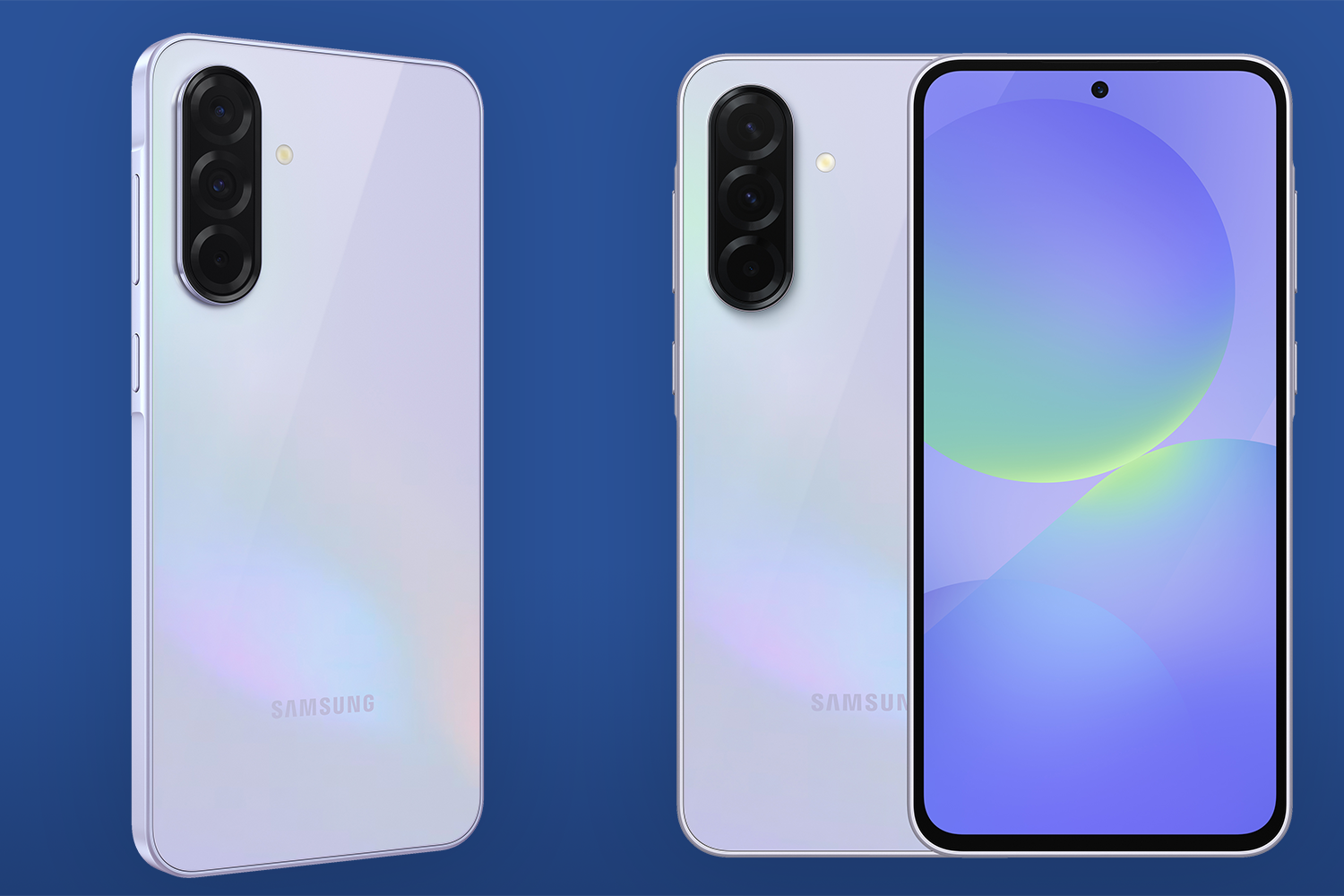Introduction to Windsurf and Anthropic
Windsurf, a popular vibe coding startup reportedly being acquired by OpenAI, has announced that Anthropic significantly reduced its first-party access to its Claude 3.7 Sonnet and Claude 3.5 Sonnet AI models.
Windsurf’s Reaction to the Change
Windsurf CEO Varun Mohan expressed disappointment in a post on X, stating that Anthropic gave the startup little notice for this change. As a result, Windsurf now has to find other third-party compute providers to run several of Anthropic’s most popular AI models on its platform. Mohan emphasized that Windsurf wanted to pay Anthropic for the full capacity, but the decision has forced them to explore alternative options.
Implications of the Decision
In a blog post, Windsurf mentioned that it has some capacity with third-party inference providers, but not enough, which may create short-term availability issues for Windsurf users trying to access Claude. The decision comes just a few weeks after Anthropic seemed to pass over Windsurf during the launch of Claude 4, the company’s new family of models, which offer industry-leading performance on software engineering tasks.
Launch of Claude 4
On launch day, Windsurf said it did not receive direct access from Anthropic to run Claude 4 on its platform and still hasn’t. This forced the company to rely on a workaround that’s more expensive and complicated for developers to access Claude 4. Meanwhile, other popular AI coding tools, including Anysphere’s Cursor, Cognition’s Devin, and Microsoft’s GitHub Copilot, seemed to have direct access to Claude 4 models at launch.
The AI-Assisted Coding Sector
The AI-assisted coding sector, also known as vibe coding, has heated up in recent months. OpenAI reportedly closed on a deal to acquire Windsurf in April. At the same time, Anthropic — whose AI models are a favorite among developers — has invested more in its own AI-coding applications. In February, Anthropic launched its own AI coding application, Claude Code, and in May, the startup held its first Code with Claude developer conference.
Anthropic’s Statement
An Anthropic spokesperson, Steve Mnich, stated that the company is prioritizing capacity for sustainable partnerships that allow it to effectively serve the broader developer community. Mnich noted that it’s still possible to access Claude 4 on Windsurf via an API key and that developers can also access Claude through Anthropic’s direct API integration, partner ecosystem, and other development tools.
Impact on Windsurf’s Growth
Windsurf has grown quickly this year, reaching $100 million ARR in April, in an attempt to catch up with more popular AI coding tools such as Cursor and GitHub Copilot. However, Windsurf’s limited access to Anthropic’s models may be stunting its growth. Several Windsurf users who spoke with TechCrunch were frustrated by the lack of direct access to Anthropic’s best AI coding models.
Users’ Reactions
Ronald Mannak, a startup founder specializing in Apple’s programming language, Swift, told TechCrunch that Claude 4 represented a significant jump in capabilities for his workloads. While Mannak has been a Windsurf customer since late 2024, he’s switched to using Cursor in recent weeks so that he can vibe code more easily with Claude 4. As a short-term solution to support Claude 4, Windsurf allows users to connect their Anthropic API keys to their Windsurf accounts. However, developers have noted that this "bring your own key" solution is more expensive and complicated than if Windsurf provided the models itself.
Optionality in Vibe Coding
When it comes to vibe coders, optionality is the name of the game. Every few months, OpenAI, Google, and Anthropic release new AI models that seem to outperform the industry on coding tasks. Because of that, it benefits vibe coding startups to support AI models from all the leading developers. Windsurf spokesperson Payal Patel tells TechCrunch via email that the company has always believed in providing optionality for users. In this case, it seems Anthropic has made that a bit more challenging.
Source Link





